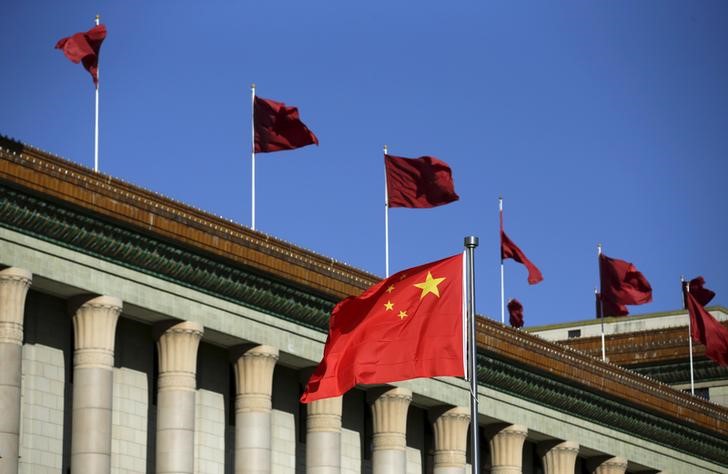By Ambar Warrick
Investing.com-- Most Asian currencies slipped on Tuesday as renewed fears of rising U.S. interest rates largely offset optimism over easing COVID-19 restrictions in China, with the dollar trading comfortably above a recent five-month low.
The greenback staged a strong recovery on Monday after stronger-than-expected U.S. economic readings ramped up concerns that inflation could persist for longer than expected.
This rattled most Asian currencies with the prospect of higher U.S. interest rates, pushing them lower despite some optimism over the relaxing of anti-COVID measures in China.
The Chinese yuan sank 0.3% to 6.9813 to the dollar, retaining some recent gains after Beijing announced a further relaxation in COVID testing mandates. But the country is yet to announce a nationwide easing of its strict zero-COVID policy, which battered economic growth this year. Focus this week is now on Chinese trade data due on Wednesday, to gauge how the economy held up through increased COVID restrictions in the past month.
The Japanese yen fell 0.1%, with weaker-than-expected household spending data heralding more near-term weakness in the Japanese economy.
The U.S. dollar was flat on Tuesday, but was trading well above a five-month low hit in recent sessions. The dollar index and dollar index futures both steadied around 105.30, after rallying over 0.7% in the prior session. U.S. 10-year Treasury yields also retreated slightly after rallying nearly 2% on Monday.
Strong factory orders and service sector data, coupled with signs of a robust jobs market drove up concerns over stickier U.S. inflation. While the Federal Reserve said it will raise interest rates at a slower pace in the coming months, it also warned that stubborn inflation will see rates peak at much higher levels.
Markets will seek more cues on the Fed’s stance during its last meeting for the year next week.
The Indonesian rupiah and Indian rupee were among the worst performers in Asian trade, losing 0.8% and 0.4%, respectively. Uncertainty over the oil market, in the face of price caps on Russian supply, also dented the currencies.
The Australian dollar bucked the trend, surging 0.6% to 0.6737 a dollar, after the Reserve Bank hiked interest rates and flagged the potential for more rate hikes.
The bank warned that Australian inflation was far from cooling, which is likely to necessitate more rate hikes in the coming months.
Losses in the Philippine peso were somewhat constrained after data showed CPI inflation grew more than expected in November, likely heralding more interest rate hikes by the central bank.
